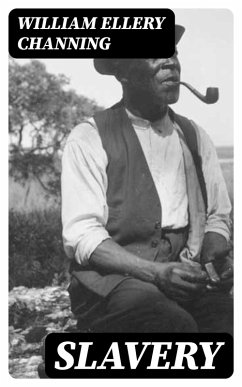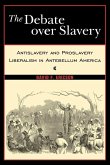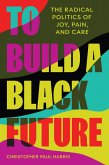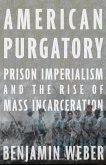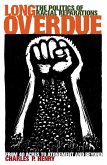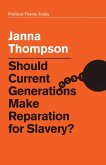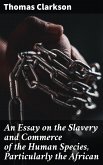In "Slavery," William Ellery Channing delivers a profound and impassioned critique of the institution of slavery, articulating the moral, philosophical, and humanitarian arguments against this entrenched practice. Written in the early 19th century, Channing's prose is characterized by its clarity, fervor, and ethical conviction, reflecting the transcendentalist influence of the time while confronting the socio-political structures that perpetuate human bondage. The book serves as a significant contribution to abolitionist literature, employing both reasoned argument and emotive rhetoric to engage readers on both intellectual and moral planes, effectively challenging the complacency surrounding slavery. Channing, an influential Unitarian minister and social reformer, was deeply engaged with the ethical issues of his day. His theological background informed his views on the inherent dignity of all individuals, prompting him to address the urgent matter of slavery with a blend of moral philosophy and religious conviction. This deep-seated commitment to social justice and human rights was fueled by the prevailing abolitionist sentiments of his time, positioning him uniquely to write a powerful defense of freedom and equality. This book is essential reading for those who seek to understand the historical context of America's struggle with slavery and the moral imperatives that drove abolitionist thought. Channing's insightful arguments resonate with contemporary discussions about justice and human rights, making "Slavery" not only a pivotal work in American literature but also a timeless call to conscience for readers today.
Dieser Download kann aus rechtlichen Gründen nur mit Rechnungsadresse in A, B, BG, CY, CZ, D, DK, EW, E, FIN, F, GR, H, IRL, I, LT, L, LR, M, NL, PL, P, R, S, SLO, SK ausgeliefert werden.

